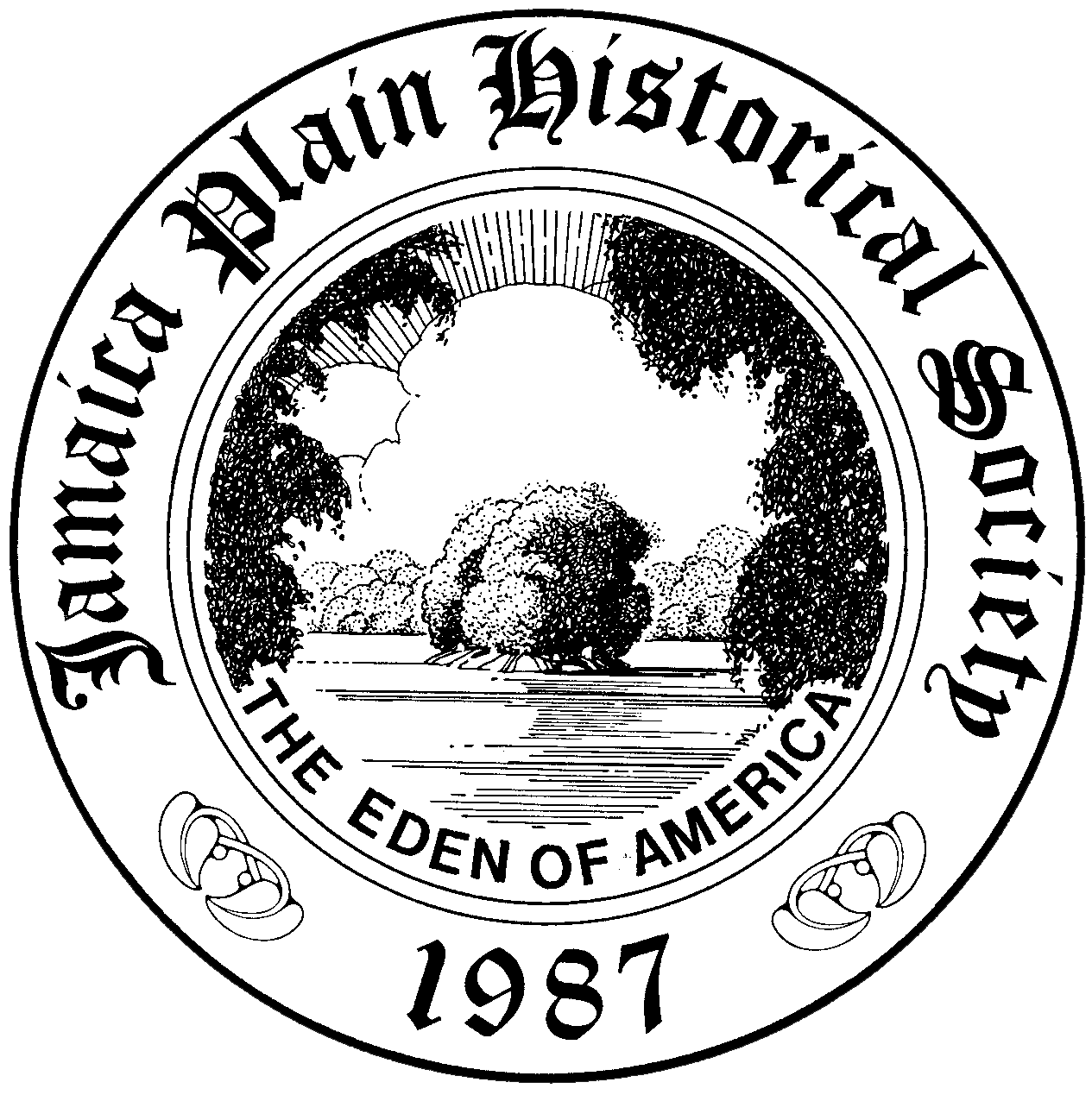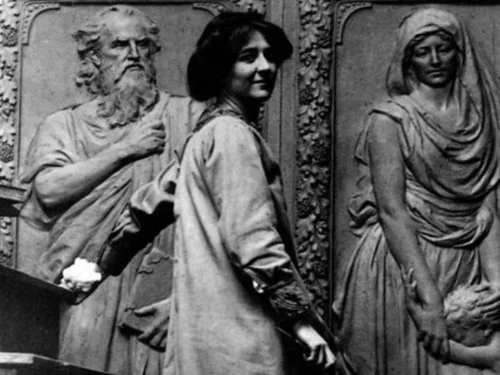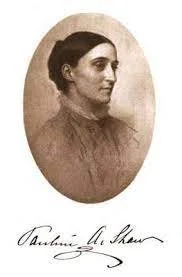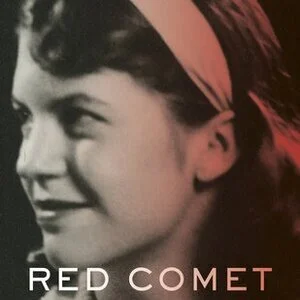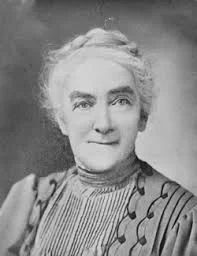A talk by Dr. Wendy L. Rouse on her book 'Public Faces, Secret Lives: A Queer History of the Women’s Suffrage Movement' in which she explores the the important role of queerness and queer suffragists in the fight for the vote. The traditional narrative of suffrage history sanitized the lives of suffragists contributing to the historical erasure of the queer history of the movement. Yet, it was often their very queerness that helped propel the movement forward.
Read MoreElizabeth Curry Moloney was a Bostonian who fought for the rights of women and children throughout her life. She was appointed as the first Supervisor of Mother’s Aid for the Commonwealth of Massachusetts, a position she held until she retired in 1943 at the age of 70. After retirement she moved to 49 Prince Street, where she lived until her death in 1950.
Read MoreA talk focusing on the remarkable achievements of sculptor Evelyn Beatrice Longman, the only female student and assistant in the studio of Daniel Chester French. The two artists shared a close professional and personal relationship and the presentation highlights the many intersections and cross-currents between their works, including the exquisite Slocum Memorial in Forest Hills Cemetery.
Read MoreA talk entitled The Legacy of Pauline Agassiz Shaw which was given as part of the Lowell Lecture Series at the Paul Revere House. Video of an event that was held via Zoom on October 12, 2021.
Read MoreDr. Mary Morey Pearson was born in Colombo, Sri Lanka and graduated from the Boston University School of Medicine in 1885. She lived at 45 Eliot Street from 1910 to the end of her life (1931). She worked as the Medical Director for the American Benefit Society for much of her career and was an advocate for homeopathic medicines. It’s thought she had a medical practice at her home.
Read MoreThe Q&A session that came after the film screening of Borderland: The Life and Times of Blanche Ames Ames. Video of an event that was held via Zoom on June 5, 2021.
Read MoreDr. Heather Clark discusses her acclaimed biography Red Comet: the Blazing Path and Brief Life of Sylvia Plath. Heather talks about her motivation for undertaking this book and the journey she took while writing it. After that, she takes questions from the audience.
Read MoreSusan Dimock was among the first female physicians in the US recognized as a surgeon. Apprenticed at the age of 18 to Dr. Marie Zakrzewska at the New England Hospital for Women and Children, Susan was recognized as exceptionally talented. In September of 1873, a seven-year-old girl from Nantucket was admitted to the NEHWC with a large tumor. Using ether as anesthetic, Dr. Dimock performed an operation to remove the tumor.
Read MoreMaud Cuney Hare was a multi-talented genius: pianist-lecturer, composer, playwright, biographer, poetry editor, folklorist, Black music historian and collector, founder and director of The Allied Arts Centre in Boston.
Read MoreElizabeth Bethune Campbell was a Jamaica Plain resident and author of the book Where Angels Fear to Tread which was very controversial in its time. Her book was self-published in 1940 from her home in the rectory of St. John’s Episcopal Church on Alveston Street.
Read MoreFor a married woman to achieve not only bliss but also intellectual parity with her husband a hundred years ago was a remarkable accomplishment. Ellen Swallow’s love affair with Robert H. Richards was hardly one of history’s great romances, but it demonstrated that hearts and minds could be equal, rational and compatible.
Read MoreIn the 1890s American women emerged as a major force for social reform. Millions joined civic organizations and, under the banner of “municipal housekeeping,” extended their roles from domestic duties to concern about their communities and environments. Their contributions were vital in civilizing and improving the horrific conditions created by the industrial revolution and the philosophies of social darwinism and unregulated capitalism. One of the first was Ellen Swallow Richards.
